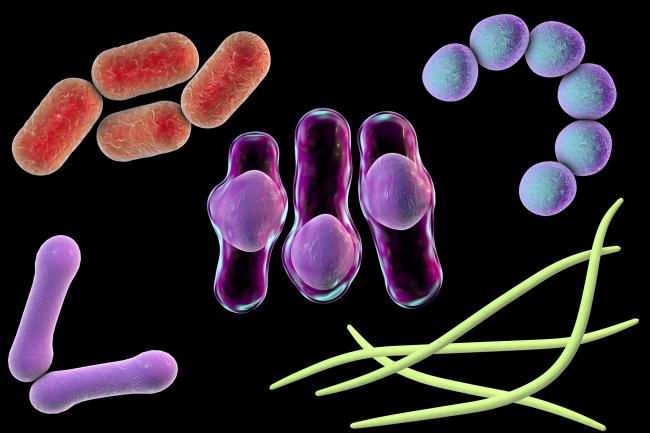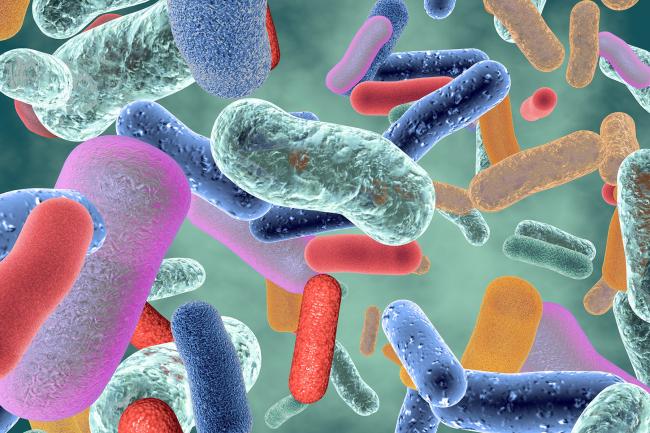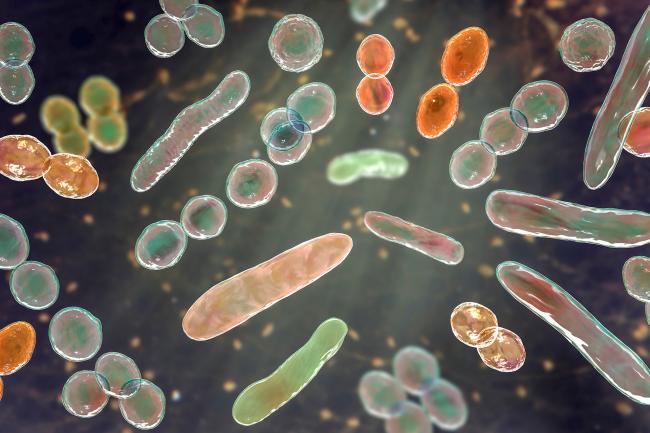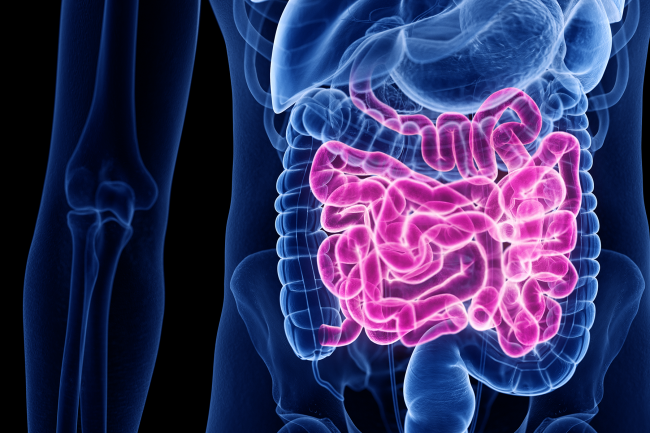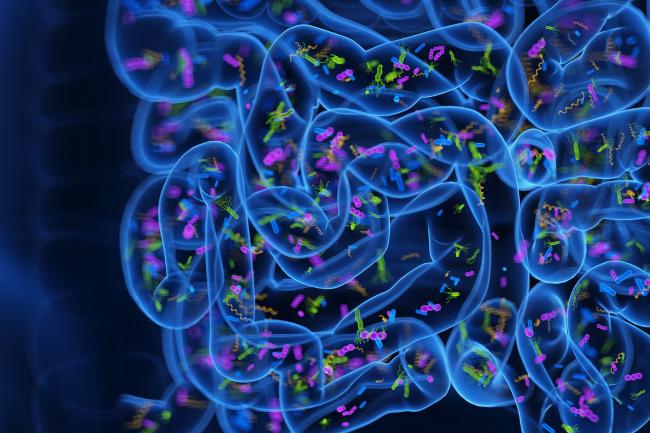Non-viral gastroenteritis, is an infection of the stomach and intestine by harmful microorganisms, causes diarrhoea, sickness, and dehydration. In Pakistan it is a killer.
Dr Chris Quince, from the Earlham Institute and Quadram Institute, is co-lead for the GastroPak project. This is a ground-breaking, multi-disciplinary initiative - simultaneously exploring cultural, social, sanitary, and microbiological factors influencing the spread of microorganisms responsible for the illness.
“Gastroenteritis - in all forms - is a major public health burden in Pakistan,” says Dr Quince. “It’s estimated to be responsible for nearly 60pc of infant and child deaths every year, in this country of more than 225 million people.”
He says more than a third of children in Pakistan under five years old have received treatment for diarrhoea.
“We also know that bacterial gastroenteritis is more likely to contribute to stunting of growth and cognitive impairment in children,” he adds.












